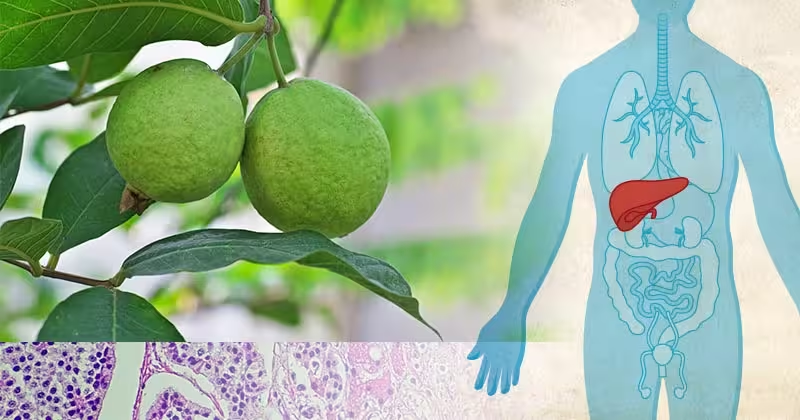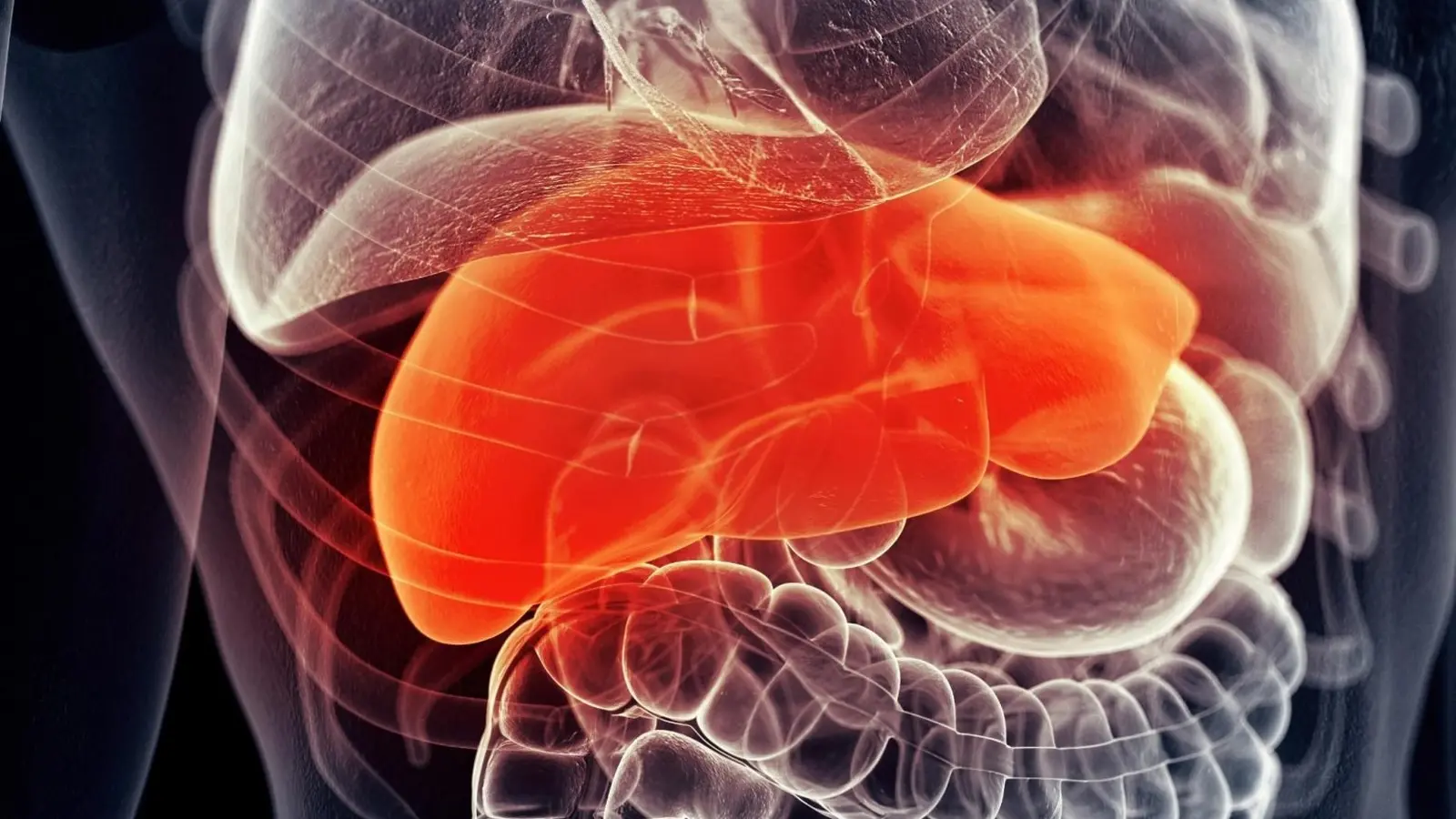5 Minutes
Breakthrough discovery and the researchers behind it
Researchers investigating a naturally derived compound from guava have identified a molecular route that could open new therapeutic options for liver and bile duct cancers. The team, led by Chain’s laboratory with doctoral student Liam O’Grady as the article’s lead author, describes their work as exploratory trailblazing: they say they have mapped an uncharted biochemical pathway that may be exploited by future drug development.
"We were the first to explore this pathway and to expose how it can be manipulated — now others can refine or shorten the route as needed," O’Grady said, emphasizing the value of revealing a previously unknown mechanism even if subsequent teams modify the approach. That foundational insight, he added, is what makes the finding particularly exciting for the field of oncology and drug discovery.
Scientific context: why this matters for hepatocellular carcinoma and cholangiocarcinoma
Liver cancer, including hepatocellular carcinoma (HCC) and bile duct cancer (cholangiocarcinoma), is a growing global health challenge. Epidemiological estimates indicate that roughly one in 125 people worldwide may receive a diagnosis of hepatocellular carcinoma during their lifetime. In high-income countries like the United States, treating liver cancers already imposes a multi-billion-dollar burden on health systems, driven largely by systemic chemotherapies and supportive care costs.
Survival outcomes remain poor for advanced-stage disease: five-year survival rates for late-stage liver cancers are commonly reported below 15%. In the United States alone, projections for 2025 estimate more than 42,000 new diagnoses and more than 30,000 deaths, underscoring the urgent need for better-targeted therapies and earlier detection strategies.
Experiment details and mechanism
The current study, carried out in preclinical settings, evaluated a specific bioactive molecule isolated from guava that appears to interact with a signaling axis important in liver tumor cell survival. Through in vitro assays and pathway analysis, the researchers observed that the compound modulates key cell-signaling nodes implicated in proliferation and apoptosis (programmed cell death).

Preclinical data and next steps
While these results are promising, the evidence so far comes from laboratory models. The team is coordinating with the National Cancer Institute to design subsequent studies that will test the compound’s efficacy and safety more rigorously. Planned next steps include dose-range studies, animal models to evaluate tumoral response and toxicity, and early-stage pharmacokinetics to understand how the molecule is absorbed, distributed, metabolized and excreted.
Implications for oncology and drug development
If validated in clinical trials, a guava-derived therapeutic could expand the limited arsenal against HCC and cholangiocarcinoma, potentially improving outcomes for patients with advanced disease. Beyond liver cancers, the research team is also exploring whether the same molecular mechanism could be relevant to other tumor types, offering the possibility of broader oncologic applications.
Related technologies and translational prospects
This work sits at the intersection of natural product chemistry, molecular oncology and translational medicine. Advances in high-throughput screening, targeted delivery systems, and biomarker-driven patient selection could accelerate development if the guava molecule advances past preclinical stages. Collaborations with national institutes and clinical consortia will be critical to move from bench to bedside.
Expert Insight
Dr. Maya Chen, a hepatobiliary oncologist not involved in the study, commented: "Discovering a novel pathway is an important early milestone. Natural products have historically yielded effective cancer drugs, but rigorous preclinical and clinical validation are essential. The most impactful developments pair molecular insight with a clear plan for patient selection and safety testing."
Conclusion
The identification of a guava-derived molecule that influences a previously unexplored pathway in liver cancer cells represents an encouraging step in preclinical oncology research. While much work remains — including formal collaboration with the National Cancer Institute, expanded laboratory testing and eventual clinical trials — the study provides a new roadmap. By illuminating how this pathway can be manipulated, the team has created opportunities for future researchers to refine, shorten or repurpose the route to effective therapies. Given the rising global incidence of hepatocellular carcinoma and the dismal survival rates for advanced disease, novel approaches rooted in natural-product discovery could be an important part of next-generation cancer therapeutics.
Source: scitechdaily


Leave a Comment